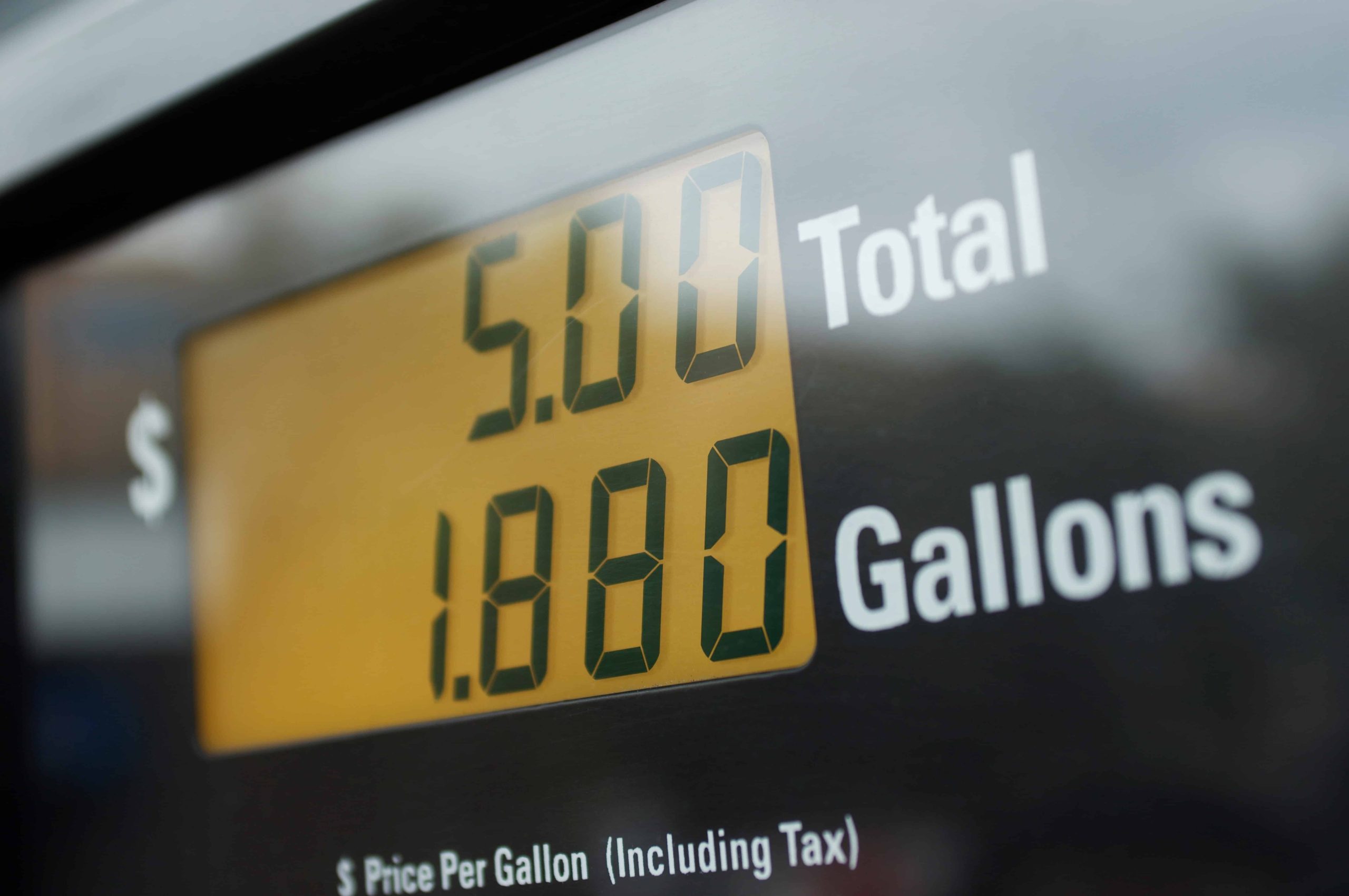
Welcome to Weekly Why: a new semi-regular recurring feature answering readers’ questions. Reporter Kaylee Harter soft-launched us in October by explaining why tax measures are in all caps on your ballot. (“WHY IS YOUR BALLOT YELLING AT YOU?” Oct. 19, 2023)
We probably won’t be able to answer all your queries. Reporting why the sky is blue is easier than figuring out why you feel sad and empty inside (save that one for your therapist). But if there’s something local you’ve always wondered about, send it to us.
We’re starting off with a common question, sent to us by reader Kim Moore (Thanks, Kim!): Why is gas more expensive in Boulder than in Erie, Denver or Longmont?
To answer this, we chatted with Patrick De Haan, head of petroleum analysis for GasBuddy, a tech company that tracks gas station prices for consumers.
As of Monday morning, gas prices in Longmont, Lafayette and Superior were averaging $2.35, according to GasBuddy. At the three stations closes to Boulder Weekly’s South Boulder offices, gas was $2.99 (King Soopers), $3 (Shortstop/Sinclair) and $3.05 (PDQ Market + Fuel) per gallon — more than 25% higher.
There are many factors that influence prices at the pump. But variability between stations and cities ultimately comes down to one thing: good ol’ fashioned capitalism.
“Ultimately, this comes under a pretty big umbrella of competition,” De Haan says. “Some stations may need a higher profit margin. Some may want to sell for less because they want to attract people into their C stores.”
“C store” is industry speak for convenience stores attached to gas stations, where drivers buy slurpees, cold beer and chewing gum. Those are the real money-makers, according to De Haan.
“Owning a gas station is not necessarily a lucrative business,” he says. “Inside the gas station — that’s where the profit is made.”
In setting prices, stations typically look at their competitors within a mile or two radius, De Haan says. That’s why prices might get incrementally cheaper the farther away you get from Boulder.
There’s also Boulder’s relative wealth. Station owners here may keep prices up to pay for other costs of business (wages, regulatory fees, etc.) that are higher than in surrounding towns. They might also know that Boulderites are willing to pay a couple extra dollars.
“Affluent customers aren’t as price sensitive,” De Haan says. Therefore “stations [here] aren’t as competitive.”
When the price of oil is falling (as in recent weeks), stations have more room to either lower prices (cutting profit per gallon but potentially bringing in more customers) or stay the course with higher prices.
“They also are mindful that during more difficult times, they generally can be selling at or below their cost,” De Haan says. “Stations aren’t generally in a huge hurry to lower their prices.”
Ultimately, according to De Haan, there’s not much consumers can do about the price of gas. Stations can be selling gas for 5 cents per gallon more than they paid for it, or 50 cents.
“That’s why it’s important for people to shop around,” he says. “Patronize stations that lower their prices more quickly, and you’ll give them an incentive to lower prices more quickly in the future.”
